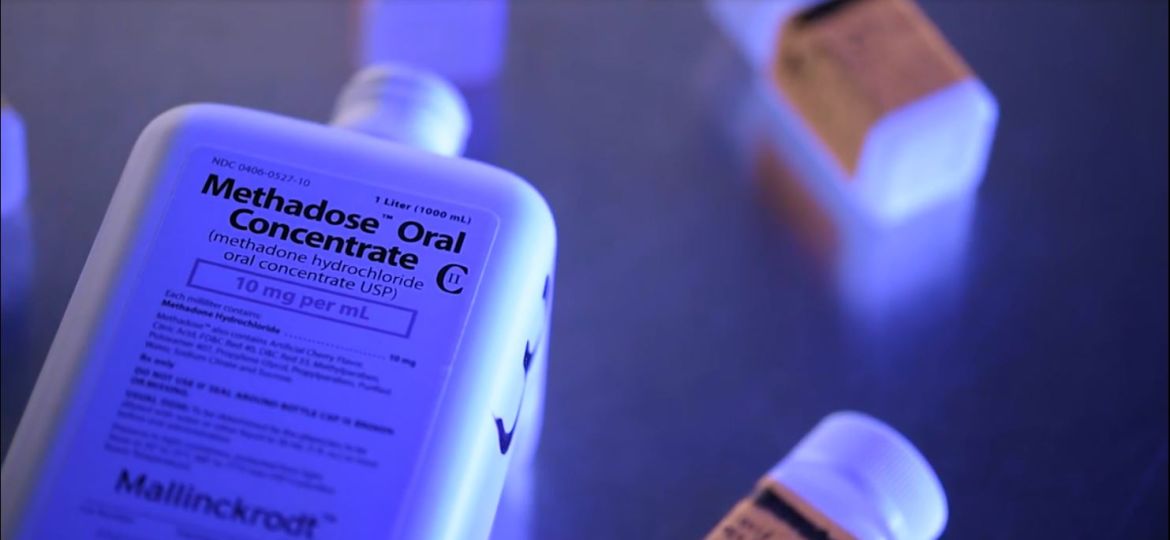
Understanding Methadone Addiction
Methadone addiction is a serious concern that affects individuals who have been receiving methadone treatment for opioid addiction. Methadone is a medication commonly used in medication-assisted treatment (MAT) to help individuals reduce or eliminate their dependence on opioids. However, prolonged use of methadone can lead to physical dependence, and individuals may experience withdrawal symptoms when trying to quit. Methadone addiction can have detrimental effects on a person’s physical and mental health, relationships, and overall well-being.
One example of the detrimental effects of methadone addiction is the impact it can have on a person’s physical health. Prolonged use of methadone can lead to a range of physical health issues, including respiratory problems, cardiovascular issues, and liver damage. These health problems can significantly impact a person’s quality of life and overall well-being.
In addition to the physical health effects, methadone addiction can also have a significant impact on a person’s mental health. Individuals struggling with methadone addiction may experience symptoms of depression, anxiety, and other mental health disorders. These mental health issues can further exacerbate the challenges faced by individuals struggling with addiction, making it even more difficult for them to seek help and start their recovery journey.
Understanding the complexities and challenges of methadone addiction is crucial in order to provide effective treatment and support to individuals struggling with this issue. By addressing the physical and mental health aspects of addiction, as well as the underlying causes and triggers, individuals can receive the comprehensive care they need to overcome methadone addiction and achieve lasting recovery.
Treatment Options for Methadone Addiction
When it comes to treating methadone addiction, there are different options available to individuals seeking recovery. Medication-assisted treatment (MAT) is a common approach, which may involve methadone tapering or switching to a different medication under medical supervision. This helps individuals gradually reduce their dependence on methadone and manage withdrawal symptoms.
Another example of a treatment option for methadone addiction is residential treatment. Residential treatment programs provide individuals with a safe and supportive environment where they can focus on their recovery without the distractions and triggers of their everyday life. These programs offer a range of therapeutic interventions, including individual and group therapy, counseling, and holistic approaches such as yoga and meditation. By immersing themselves in a residential treatment program, individuals can receive the intensive support and care they need to overcome methadone addiction.
In addition to medication, behavioral therapies play a crucial role in addressing the psychological aspects of addiction. Cognitive-behavioral therapy (CBT) and contingency management are examples of effective behavioral therapies that can help individuals develop coping strategies, identify triggers, and make healthier choices. These therapies provide individuals with the tools and skills they need to navigate the challenges of recovery and maintain their sobriety.
At SOZO Addiction Recovery Center, comprehensive treatment options for methadone addiction are offered, combining medication and therapy tailored to individual needs. By providing a range of treatment options, individuals can find the approach that works best for them and receive the support they need to overcome methadone addiction.
Methadone Detoxification Process
The methadone detoxification process involves gradually tapering the dose of methadone to minimize withdrawal symptoms. This process should always be conducted under the supervision of medical professionals to ensure the safety and well-being of the individual. Detoxification can be a challenging and uncomfortable process, as the body adjusts to the absence of methadone. However, with proper medical supervision and support, individuals can safely transition to a drug-free state.
During the methadone detoxification process, individuals may experience a range of withdrawal symptoms. These symptoms can vary in severity and may include nausea, vomiting, diarrhea, muscle aches, and insomnia. The duration of the detoxification process can also vary depending on factors such as the individual’s level of dependence on methadone and their overall health.
In addition to medical supervision, individuals undergoing methadone detoxification can benefit from the support of a treatment team. This team may include medical professionals, therapists, and counselors who can provide emotional support, monitor progress, and offer guidance throughout the detoxification process. By providing a supportive and compassionate environment, individuals can feel empowered and motivated to continue their recovery journey.
At SOZO Addiction Recovery Center, a supportive environment and medical supervision are provided during methadone detoxification to help individuals safely transition to a drug-free state. By addressing the physical and emotional aspects of detoxification, individuals can receive the comprehensive care they need to successfully navigate this critical stage of their recovery.

